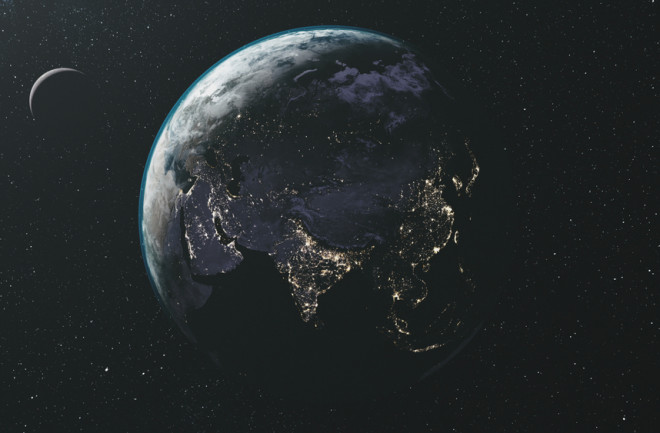If you could venture back in time to the Neoproterozoic era, about 620 million years ago, you’d notice a radically different planet. Most observable life forms would be alien-looking fronds and worms, and, if that didn’t send you running back to your time machine, you’d notice that even the days were different. Hundreds of millions of years ago, a day was only about 22 hours long, the result of a planet spinning about its axis more rapidly than it is now.
For billions of years, Earth’s rotation has been gradually slowing down. It’s a process that continues to this day, and estimates suggest that the length of a day currently increases by about 1.8 milliseconds every century. The day's length varies slightly from year to year, as well; the result of myriad forces both on and off Earth pushing and pulling at its rotation.

